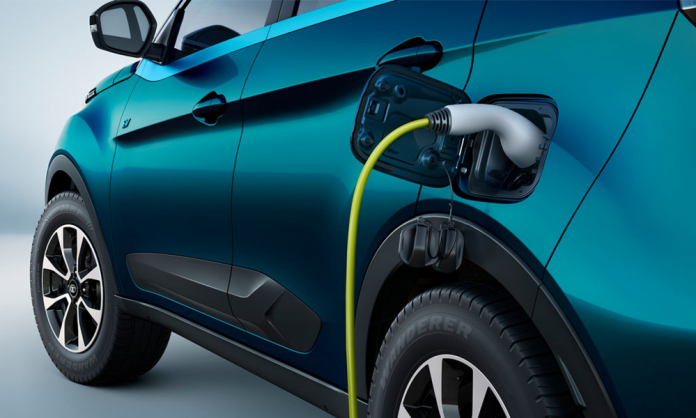12th June 2020:
The Economic Coordination Committee (ECC) has granted its approval for the Electric Vehicle (EV) policy for two and 3-wheelers as well as heavy commercial vehicles.
The policy was drafted and proposed by the Ministry of Industries & Production after consultations from stakeholders, including the Engineering Development Board (EDB), Ministry of Science and Technology, Ministry of Climate Change (MoCC), and others.
The EV policy was presented by MoCC and was approved earlier this year, but due to objections raised by MoIP, EDB, and other stakeholders, it was not implemented and was revised.
In April, during a meeting, it was then decided that the EV policy will be implemented for 2-wheelers (bikes) and 3-wheelers (rickshaws) to satisfy both the MoCC and the MoIP. On the other hand, it was decided that the policy for 4-wheelers (cars) would be implemented later on.
According to sources and reports, MoCC had stressed a total of 1% duty on imports of e-motorcycles and e-rickshaws’ assembling parts. On the other hand, MoIP countered the suggestion claiming that this would only discourage local production.
Currently, the import duty on two-wheelers and three-wheelers’ parts was 46% for those manufactured in the country and 15% on imported components.
9th April 2020:
The government of Pakistan has been planning on introducing the electric-vehicle or EV policy for some time now. Since then, all stakeholders of the local automotive industry have been trying to reach a mutual decision.
With the novel coronavirus pandemic gripping the world, the performance of the industry has gone from bad to worse. As factories have shut down as per the government’s orders, sales, as well as production units, have seen a sharp decrease.
New bookings have gone hold, and dealerships have closed shop indefinitely. During this tough time, the government wishes to implement the EV policy. In contrast, the manufacturers want to put it in hold for at least another year because a new system in the given conditions will not be fruitful for the stakeholders.
Nonetheless, EVs will not see a surge in demand as the economy is moving towards recession. Major automotive manufacturers like Pak Suzuki and Honda Atlas have expressed their concerns asking the Engineering Development Board (EDB) to push the policy.
The policy was initially meant to be implemented from 2020-25. Suzuki and Honda have both asked for a delay separately from EDB, whereas local automotive manufactures are demanding the same policy for both hybrid and EVs.
This is because both technologies are new and require a considerable sum of investment. Incentive policies will help ease the implementation of new technology for local brands. The government can expect to see an increase in revenue generation, the technological growth of the auto sector, and more employment opportunities once this policy is given a green signal.
Tariff rates are also under consideration for cars, commercial vehicles, and SUVs. The auto industry development community is look-over these rates. Several significant automakers also want these tariff rates to be the same for all-electric and hybrid cars.
At the time, Pakistan is not manufacturing hybrid vehicles. It will be beneficial for consumers if they are made locally as they will have to pay less for ownership. Previously, there was a struggle between the Production Division and the Ministry of Climate Change and Industries to draft the EV policy.
Stay tuned to Brandsynario for more news and updates.







































